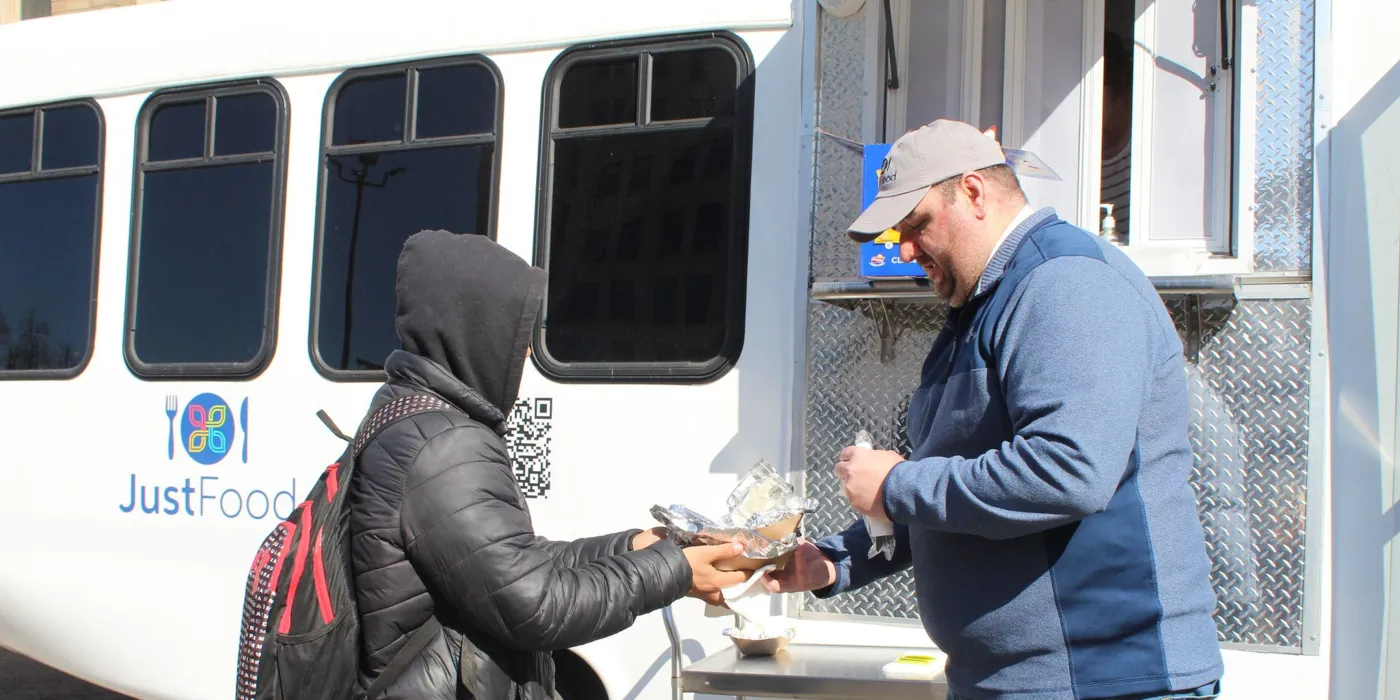
Jesus in his earthly ministry stood with the poor, the marginalized, and the oppressed. All followers of Jesus are called to carry on the ministry of caring for the least and the last. The Missioner for Jubilee Ministry seeks to be a convener of our mission to stand with those who live at the margins. This is a social justice ministry of advocacy and service for the poor, oppressed, and marginalized within the Diocese of Missouri. This is a ministry to encourage and empower communities of faith with the Diocese to advocate and act toward meeting the basic human needs of those on the margins.
Jonathan Cureton is our Missioner for Jubilee Ministry. The Missioner serves alongside the Diocesan Task Force on Hunger.
The missioner's responsibilities include:
- The creation of a Council of Advice to assist in carrying out their duties.
- In consultation with the Bishop, designate "Jubilee" ministry centers within the Diocese.
- Provide resources to communities of faith within the Diocese around advocating and acting on behalf of the unhoused, oppressed, and marginalized.
- Preach and teach in communities of faith that make up the Diocese.
- Submit an annual report to the Diocesan Convention.
- Offer presentations to Diocesan Council which highlight the ministries designed to alleviate poverty and marginalization within the Diocese.
Our Jubilee Ministry in the Diocese of Missouri is made up of three parts:
Jubilee Ministry Centers
Jubilee Ministry Centers empower those who are poor and oppressed in their communities by providing direct service, such as food, shelter, and healthcare, while also advocating for human rights and social justice.
JustFood Truck
The JustFood truck is bringing free food to areas of high poverty throughout our diocese.
Task Force on Hunger
Task Force on Hunger members are volunteers from congregations throughout the Diocese of Missouri who meet every other month to carry out the business of supporting, and acting on behalf of hungry persons.
What is Jubilee?
Scripturally, jubilee is about forgiveness of debt, a way of adjusting the imbalance that happens between poverty and wealth. Every 50 years, every seven years, every day if one believes that Jesus is the new jubilee; that is how often forgiveness and reconciliation should occur.
Charity and justice are both instrumental in alleviating poverty. Assistance must be offered even as we examine and root out the causes of systemic poverty. Charity without justice can be toxic because it assumes an answer to a problem rather than listening to the need of the one seeking help.
We are bound by our vows as baptized people “to strive for justice and peace among all people and respect the dignity of every human being.” Human dignity is violated in every oppressed person.
Jubilee Ministry was established in 1982 by the 67th General Convention of The Episcopal Church as “a ministry of joint discipleship in Christ with poor and oppressed people, wherever they are found, to meet basic human needs and to build a just society.” That resolution further directed the Executive Council to implement and co-ordinate with other programs of the Church a priority ministry commitment by this Church to be called "The Jubilee Ministry."
At our 79th General Convention in 2018, that resolution was reaffirmed, and funds were designated for Jubilee Ministry grants.
Jubilee ministries now fall under the umbrella of The Episcopal Church's Reconciliation, Justice and Creation Care.
